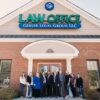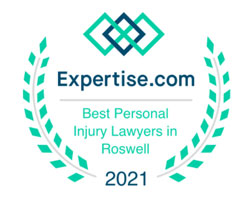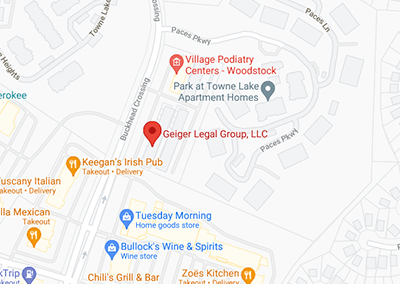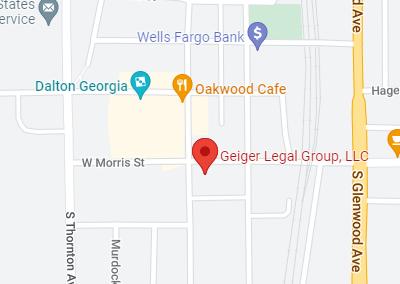How to Choose a Safe Elder Care Facility in Georgia
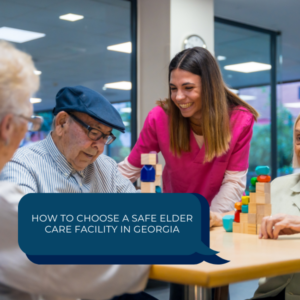
Are you preparing to move a loved one into an elder care facility? If so, choosing a safe, supportive facility is probably at the top of your mind. Here’s how you can make this important decision with confidence.
Understanding Your Elder Care Needs
As you begin considering your loved one’s move, make sure you understand the different types of elder care to choose from, each designed to meet various needs. They include:
- In-home care: Older adults who do not require intensive supervision can get in-home care to provide help around the house, such as companionship, housekeeping, meal preparation, skilled nursing, and transportation.
- Independent living communities: In independent living communities, healthy older adults live separately in apartments or townhouses within a community that provides group activities and services, such as group meals, transportation, housekeeping, and social activities.
- Assisted living communities: Assisted living communities provide a lower level of care than traditional nursing homes, including assistance with daily activities, meals, housekeeping, transportation, and medication monitoring.
- Nursing homes: A nursing home facility provides 24/7 skilled nursing care to older adults who require a high degree of assistance and supervision. Nursing homes also serve adults who need rehabilitative stays following injuries or intensive medical treatments.
Key Factors to Consider When Choosing an Elder Care Facility
Here are some top factors that your family should consider when choosing an elder care option for a loved one:
- Quality of care: Evaluate how an elder care facility’s staff interacts with residents. Do staff seem engaged with and happy to help residents?
- Staff-to-resident ratio: Make sure that a facility has sufficient staff to care for the number of residents living there. You may also want to inquire about the facility’s staff retention, as high turnover may indicate deeper problems leading to employee dissatisfaction.
- Cleanliness: Note whether a facility has sanitation issues, including bad odors, stains, torn carpeting, or broken lights or fixtures.
- Available activities: Excursions, theme nights, and communal meals can provide a happier, more fulfilling environment.
- Location: A facility near your family will allow you to regularly visit your loved one and get to the facility quickly in an emergency.
Researching Potential Facilities
Doing your research is critical to making a good decision. You can search online for reviews and comments from other families who have loved ones at a faculty. Also, talk to friends, neighbors, and co-workers to get referrals to facilities.
Legal Options if You Suspect Abuse or Neglect
If you suspect that your loved one is suffering from abuse or neglect in their elder care facility, you can contact an experienced attorney to help you pursue your legal options. You can report suspected nursing home negligence to the Georgia Department of Community Health’s Healthcare Facility Regulation office. You can also contact the Georgia Office of the State Long-Term Care Ombudsman to obtain help from a resident advocate who can help your family protect your loved one’s safety. Finally, if you believe that a loved one has become or may soon become the victim of a crime, you can contact law enforcement to intervene to protect your loved one’s safety.
Contact Our Georgia Nursing Home Abuse Attorneys to Learn More
Abuse and neglect have no place in Georgia nursing homes. If your loved one has become the target of abuse or neglect in a nursing home or elder health care facility, you need an experienced elder law firm to stand up for their rights and interests. Contact our elder law attorneys at Geiger Legal Group, LLC, today for a free, confidential consultation with an elder law attorney. Let’s discuss your options for pursuing compensation and justice.

